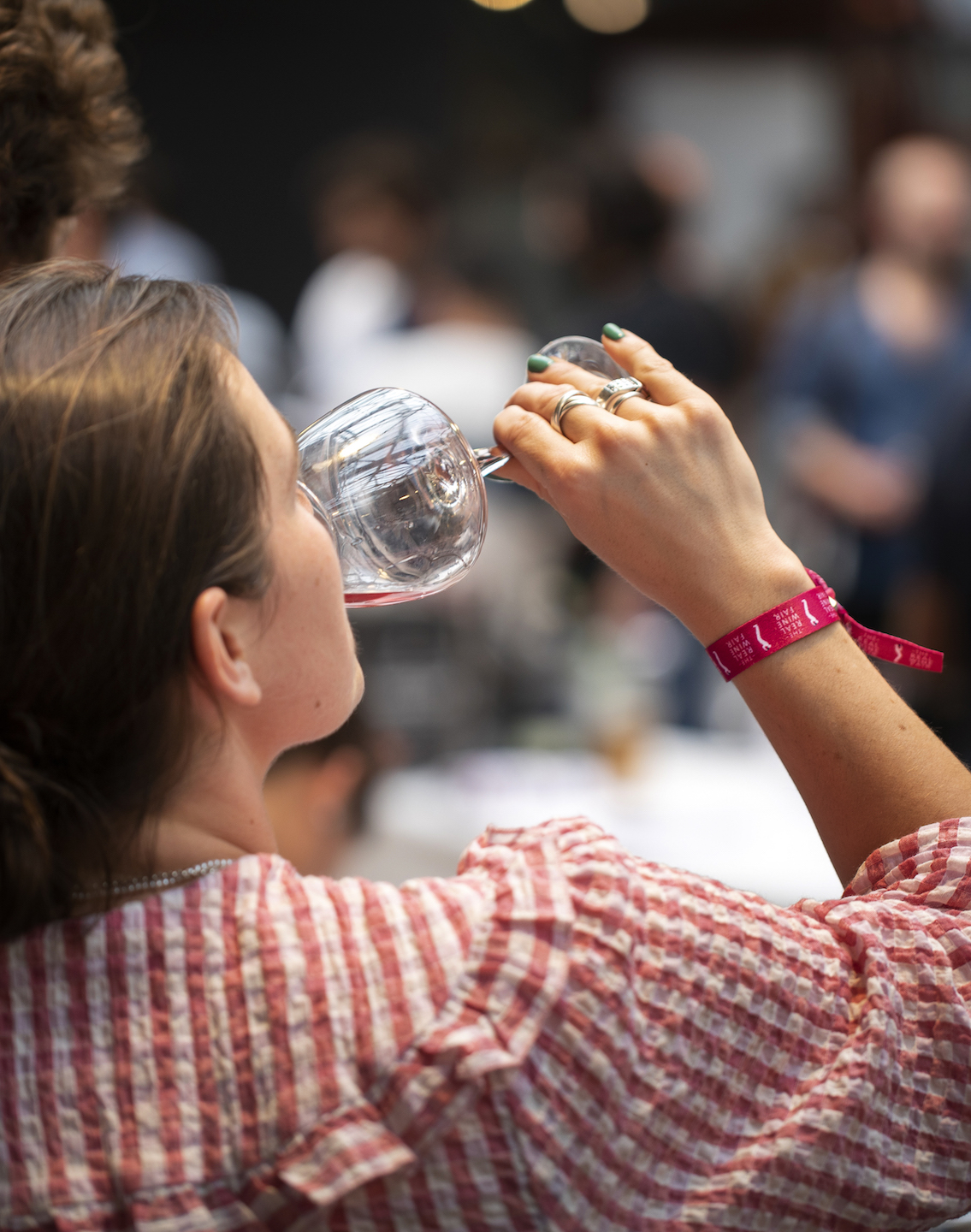Thought sediment about wine (and other loosely related subjects)
Trash talking about wine
Oh, the imperative of the pitch. I have 15 whole seconds to deluge the eager (or not) visitor to my table at the trade tasting with relevant (for which, read: meaningless) information, and to convey all the points of difference between the wines in the minimum allowable time. No repetition, hesitation or deviation. It is Samuel Beckett’s Breath with (meaningless) words. Most people, of course, don’t need or want to know the minutiae of wine – that quasi-informative babble detailing soil mixes, rootstocks, yields and tank sizes serves only to double-glaze the widest of uncomprehending eyes and ears. The force of this info-cyclone also dehumanizes the wine(s) in question, making them seem no more than the sum total of the regurgitated factoids. Furthermore, lobbing more general terms into the conversational mix such as “organics” and “biodynamics” doesn’t help to illuminate the method behind the wines as the terms themselves have become almost redundant with overuse. Before we use any words we need to define them, tease out their nuances. But who in the world has time?
The force of this info-cyclone also dehumanizes the wine(s) in question, making them seem no more than the sum total of the regurgitated factoids.
Anyway, you explode the word bombs at the customers hanging around your table, the smoke swirls momentarily, and when it clears, they are gone and no-one is any the wiser.
While giving it large behind my table of Marlborough mammas, I was simultaneously earwigging what a chap on the neighbouring stand was spouting. In a voice that manages to be both relentlessly upbeat and yet monotonous at the same time, he describes the specific terroir of the vineyard which apparently imbues the wines with flavours of “nectarines and passionfruit.” NZ aromatic whites have always suffered under the whimsical weight of fruit-salad-jargon. Although one may indeed taste an approximation to these fruits on a lot of wines, it is not related to soil or terroir, rather a kind of manufactured juiciness, care of flavoured yeasts and cold ferments allied to a strong varietal character. Unless I omitted to learn about “nectarine terroir” in my wine studies!
I want the wines that I am pouring to be the nerd-based fruition of a story, and not the artificial cherry on the top of the fruit salad.
I don’t wish to proffer my alternative fruit salad lexicon. You say guava, I don’t say kumquat. Nor even kiwi fruit, if that is the open descriptive goal. A grape is a grape is a grape. Not that many wines taste of grapes. It is just wee bit more complex than finding obscure fruit and veg equivalences from the thesaurus of salad ingredients. When describing wine I prefer to expand on origin and method. To emphasise old vines and low-fertile clay soils, biodynamic farming, deep roots, no irrigation, organic composting, herbal tisanes, bunch thinning, low yields, long ambient ferments with native yeasts. I want the wines that I am pouring to be the nerd-based fruition of a story, and not the artificial cherry on the top of the fruit salad. In the end, my kind of frenzied browbeating is way too much to process for the individual who is sampling and comparing this one wine I am pouring amongst dozens in the room. In terms of useful memory triggers, those pesky fruit descriptors work a treat. At best, I have not compromised on the truth of the matter and have woven some kind of coherent wine narrative, at the worst I’ve bullied and bored the bejasus* out of the taster and neglected to add the requisite graphic fruit simile to his or her basket of plenty.
As I have not farmed the vines nor made the wine, I am surely no more than a ventriloquist’s dummy disgorging a wall of words, signifying very little. But at least if there’s no passionfruit in my language, there’s certainly some passion.
(*I am reminded of the perhaps apocryphal Queen Victoria quote when she complained about Prime Minister, Gladstone: “He speaks to Me, as if I was a public meeting.”)
One of my colleagues and fellow-pourers was wearing a t-shirt designed by the winery that we were proud to represent on the day, one adorned with the ballsy slogan: “Cowshit not Bullshit”, a fertile nod to the importance they attach to organic and biodynamic vineyard practices. If only we could dial down the BS even further. There is a saying in the Bible that good wine needs no bush i.e. it doesn’t need to be shouted about because its virtues are self-evident. Or the proof of the fruit pud is in the drinking, etc). The formulaic generic tasting invariably creates the classic tension between a desire to allow the wine to be its own most eloquent advocate, whilst at the same time powerful need to present the in-depth story and extol the virtues. As I have not farmed the vines nor made the wine, I am surely no more than a ventriloquist’s dummy disgorging a wall of words, signifying very little. But at least if there’s no passionfruit in my language, there’s certainly some passion.


